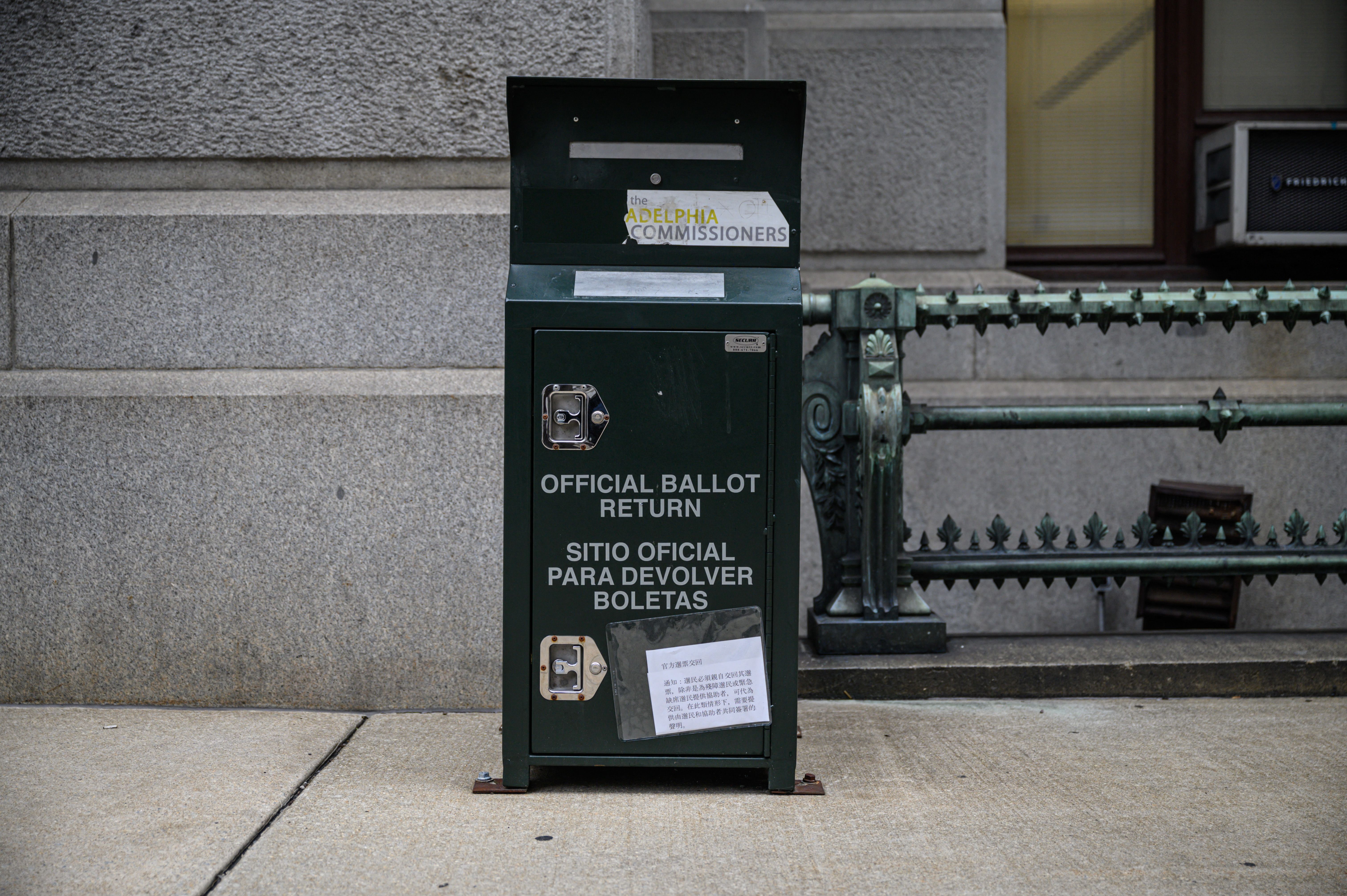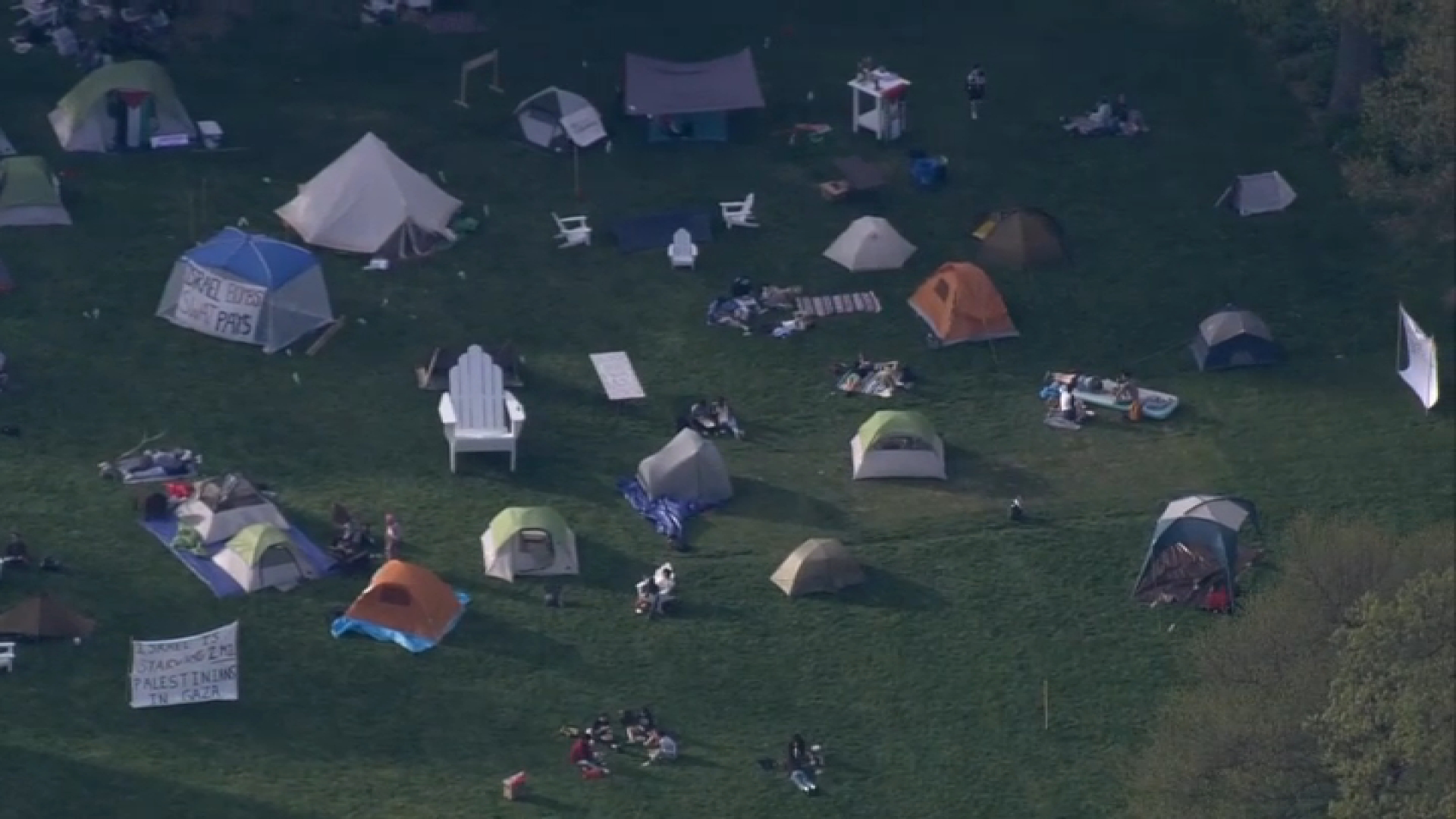When it comes to Philadelphia's use of stop-and-frisk, David Rudovsky's patience is wearing a bit thin these days.
In June 2011, the civil rights attorney's law firm and the American Civil Liberties Union entered into a consent decree with the city in response to a federal class-action lawsuit
The aim was simple: reform the Philadelphia Police Department's controversial policy.
Goals included reducing the number of pedestrians who were stopped and frisked without sufficient reason and rooting out racial bias of the policy.
Progress was never expected to be lightning-quick, but nearly four years later, Rudovsky said he didn't expect it to be this slow.
He's now "seriously" considering pushing for court sanctions — fines, possibly — if the city can't catch up in the coming months.
Local
Breaking news and the stories that matter to your neighborhood.
"We think some clear message has to be sent if the department doesn't deal with this on its own terms," said Rudovsky.
A report this week — based on data from a randomly selected sample — claims "serious flaws" in use of the practice, showing that nearly 40 percent of all stops lack reasonable suspicion.
Of the 2,519 pedestrian stops part of the sample provided by the Philadelphia Police Department from the first half of 2014, 37 percent were made without reasonable suspicion, the report said.
During those stops, police performed 433 frisks. Of those, 39 percent were made without reasonable suspicion.
What's more, very little in the way of contraband was seized.
Of the 2,519 pedestrian stops, contraband was found in 58 — or 2.5 percent — of those cases. A total of five firearms were recovered.
Rudovsky chalks most of it up to accountability.
"What we've asked the city for, which we have not gotten any response, is what steps they've taken to hold not only the officer on the street, but his or her sergeant and lieutenant and captain in different districts, accountable," said Rudovsky.
In the absence of that accountability, he said, it's hard to get results and citizens to help police make arrests.
"There are tens of thousands of people whose rights are being violated on a regular basis through the stop-and-frisk practice," said Rudovsky. "People walk away from these encounters feeling embittered and not very cooperative."
The city has 30 days to respond to the report.
In an email, mayoral spokesman Mark McDonald said the city "strives to cooperate fully with the plaintiff and the court on this matter."



